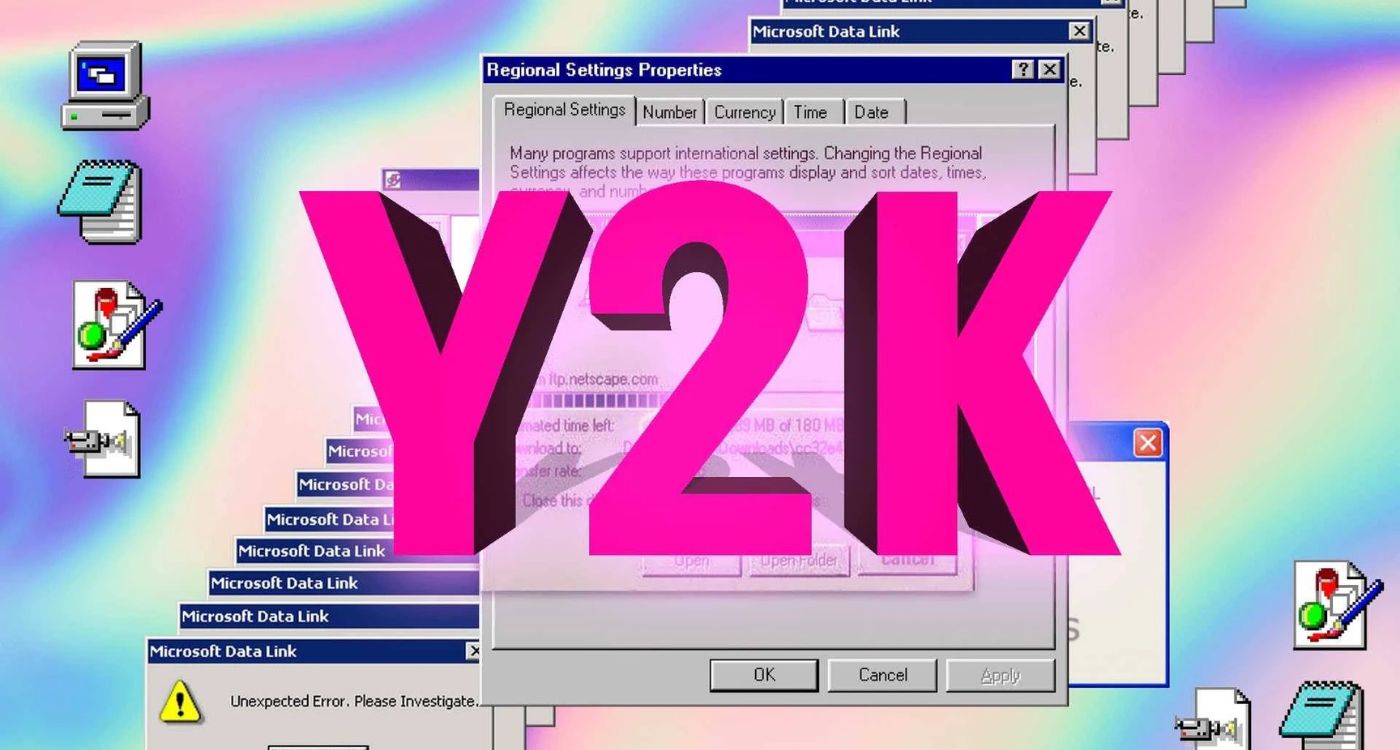
Twenty-five years ago this week, the world exhaled a sigh of relief when clocks struck midnight…and nothing happened.
It feels almost quaint now, the collective dread in anticipation of the Year 2000 or Y2K Problem. A simpler time, when we feared computers wouldn’t distinguish 2000 from 1900 and turn VCRs and microwaves into blood-thirsty killing machines overnight. OK, that’s actually the plot of a recent comedy-horror movie by a “Saturday Night Live” alum. But a real Time magazine cover from late 1999 captures the hysterical ethos of the era:
“THE END OF THE WORLD?!? Apocalypse now! Will computers melt down? Will society? A guide to millennium madness.”
The Y2K problem didn’t solve itself. Countless computer programmers and information technology experts labored to make hardware and software Y2K compliant at the cost of an estimated $300-$600 billion worldwide. This international effort was so successful that, two decades later, many people misremember the Millennium Bug as a myth. Of course, the Internet was still in its infancy. Social media as we know it didn’t exist. But it’s not hard to imagine the clickbait conspiracy theories that would’ve dominated our doomscrolling if it had.
I haven’t given much thought to this particular source of stress in the 25 years since. Unfortunately, all too many anxiety-inducing issues — personal and professional, local and global — have taken up Y2K’s space in my psyche. I won’t provoke a panic attack by ranking cataclysms here, but suffice it to say I’m not laughing at any jokes about living through “the darkest timeline.”
I recently read “The First State of Being” by Erin Entrada Kelly, a finalist for the 2024 National Book Award for Young People’s Literature. Twelve-year-old Michael meets Ridge, the first successful time traveler who “ports” from 2199 to 1999 because he’s obsessed with Hot Pockets, Britney Spears and “The Matrix.” It’s his favorite year. A secret doomsday prepper, Michael is convinced that civilization as he knows it will disappear. He can’t stop grilling Ridge about how the world will change after Y2K, but he’s forbidden to give Michael any specifics.
“Trust me, you’re better off not worrying about the future. Focus on the here and now,” Ridge advises. “The past is past. The future is the future. But this, right now? This is the first state, the most important one, the one in which everything matters.”
Kelly’s novel, like the best children’s stories, can inspire readers of all ages. (That is, after reluctantly accepting I’m old enough to have lived through a period now considered historical fiction.) As we begin this new and uncertain year, I aim to embrace the here-and-now wisdom of its time-traveling protagonist. Hopefully, I’ll be able to look back 25 years from now, marvel at humankind’s ability to come together for the common good, and wonder what the calamitous fuss was all about.
Photo credit: BlumeCity
